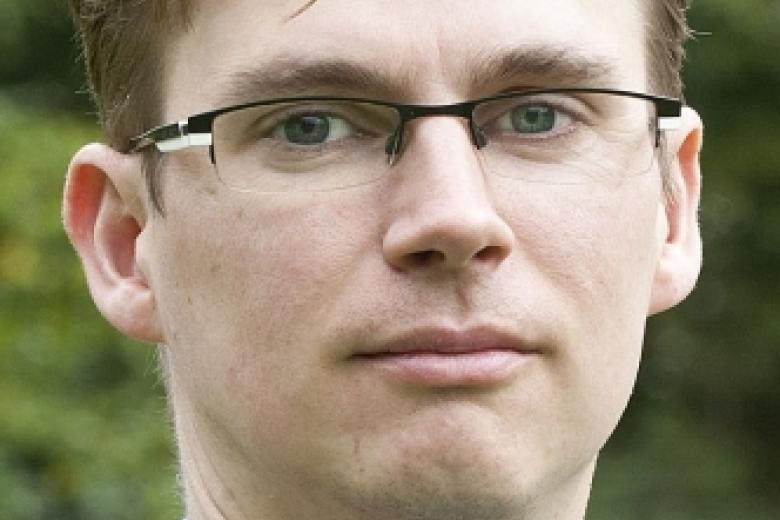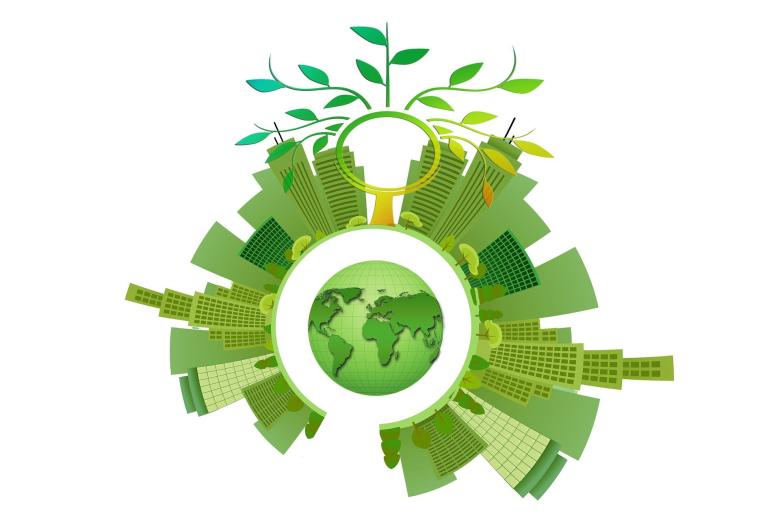Transformation of case law analysis is on its way!
Case law analysis has the potential to disrupt the way legal scholars, practitioners and students search case law. But rest assured: the technology will not replace humans.
Legal scholars, judges, lawyers and law students read case law to find out what the law is. Gijs van Dijck, together with the eScience Center, is developing a technology that will accelerate the process of searching through case law. Moreover, it allows to discover new patterns and information that cannot be discovered using traditional case law analysis methods. The aim is to develop a technology that allows searching through case law, automatically visualizing relationships among court decisions, and more.
Gijs has fifteen students working with the visualization tool, with the first results expected upcoming summer. “One of our students had a master class on a topic on which the visualization tool was applied. It was interesting to hear from the student that he had identified the same important decisions as the expert, and that he saw things the expert had not discovered”, says Gijs. This technology has the potential to disrupt the way legal scholars, practitioners and students search case law. But rest assured: the technology will not replace humans. Reading and interpretation remains invaluable, also with the technology. The project focuses on Dutch case law, but this technology could be expanded to other countries and jurisdictions.
This blog is published on Law Blogs Maastricht
Read more about Case Law Analysis
G. van Dijck
Gijs van Dijck is professor of Private Law, Digitalization, and Legal AI. He tinkers with data, artificial intelligence, and empirical and data-driven methods, because sometimes, the best way to understand law is to measure how weird it really is. His mission: Help understand whether and how machines can help humans interpret, apply, and evaluate the law.

-
The technique of academic research: on research lines and second brains
An important part of becoming a fully-fledged academic is the development and curation of a research line. A research line is the main research topic and the thread throughout (large parts of) a career. It could be law and technology in private law, globalisation in public law, human rights in...

-
Don’t sweat the small stuff? The new proposal for the EU directive on corporate sustainability due diligence
On 23 February 2022, the European Commission released the much anticipated proposal for the Directive on Corporate Sustainability Due Diligence. The aim of this Directive is to reduce human rights violations and environmental harms across the global value chain by making large companies carry out...

-
M-EPLI’s commitment to the “private side” of a sustainable world continues…
Achieving a sustainable way of life requires massive societal changes and (private international) law should enable, rather than hamper, the realization of such essential goals.
